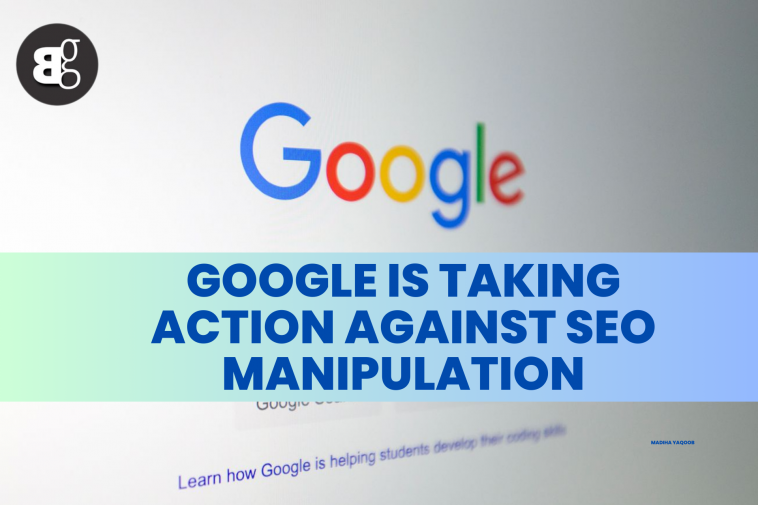Google is taking a stand against the SEO industry’s manipulation of search rankings, aiming to restore the value of its search results. Even though these websites score highly, users frequently come across low-quality or spammy websites when looking for product reviews, discounts, deals, and recommendations. With its latest search update, Google intends to change this scenario.
The company announced a search quality update focused on enhancing website rankings and updating spam policies. Google’s new policies will target the exclusion of low-quality content from search results, such as expired websites repurposed as spam repositories and obituary spam.
The primary objective of the update is to prioritize websites designed for users rather than search engines. Google estimates a 40% reduction in low-quality and unoriginal content through this initiative and previous efforts.
Although Google’s blog post doesn’t explicitly mention artificial intelligence (AI), its detailed post on Search Central discusses the role of AI in combating abusive content creation practices at scale. The focus will be on content generated for clicks rather than providing genuine value to users, regardless of whether it’s created by humans or AI.
Google’s changes also target site reputation abuse, where valuable websites host low-quality content to manipulate rankings. This practice undermines the credibility of genuine content creators, such as niche market-focused independent sites like HouseFresh’s air purifier review site.
The update addresses concerns raised by entities like 404 Media and independent niche market-focused sites, which have observed a decline in search quality due to SEO spam. Google’s efforts could significantly influence users’ perception of the usefulness of its search results, particularly in light of advancements in AI technology.
Read more: Google Chrome may soon be able to search text within PDFs
Publishers are increasingly concerned about declining website traffic, prompting new startups to explore AI-driven solutions like Arc’s web browser and news readers. Google’s proactive approach involves publishing its policy well in advance to allow site owners time to adapt before enforcement begins on May 5.





